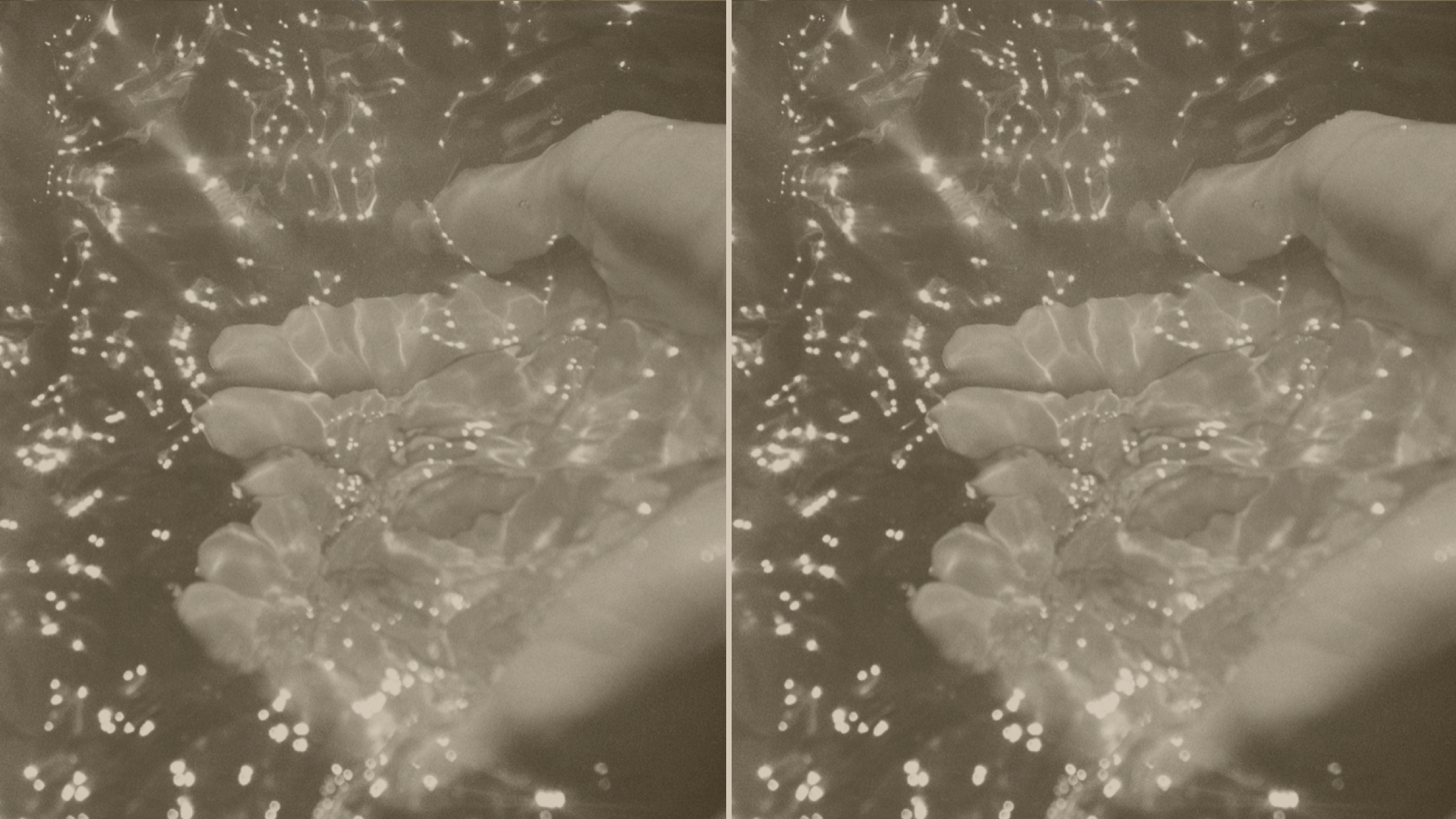

Again, the issue is that you truly need to experience these things within you to really know them. But the intention and the practice of Buddha's teachings are most definitely not about apathy in any way, even if the words can be somehow thought of as meaning that. In a purely philosophical, sociological or historical sense, maybe you are right. Why? Because poor people in India at the time of the rich-kid prince had no way to address suffering through action. When you start practicing and develop awareness of the things that happen within your mind and body, only then you truly get to "know" (experience) the difference between desire and detachment from desire. Buddha's teaching requires practice, not intellectual or philosophical "understanding" of the words. The problem I see here is that you are trying to use words to completely define something which cannot be fully expressed in words. Technically the goal is to be able to freely choose what to do when the desire arises (instead of having a knee-jerk reaction pattern), which is very different than not having the desire. Lacking desire and detachment from desire is pure semantics, as the goal is not to desire the object of your desire. The author of Altered Traits, who spent a lifetime researching meditation, still ended up taking blood pressure meds after his retreats failed to lower his BP. I am also sure 90% of people claiming it's magic have it done it for a week of something - if you did it long enough, you would know it does nothing.īring the downvotes (though I challenge you to try to reply what you disagree with, if you do). Neither of these work better than medicine for the former or say, athletic training, for the latter. The stated goal of modern meditation is a reduction in cortisol/blood pressure(source: Altered Traits) and improvements in the frontal cortex(source: Kelly McGonigal). The stated goal of Buddhism is lack of desire.
Wim hof breathing bubble full#
"but with the goal of reaching full detachment (Nirvana). The Buddhist teaching is apathy to everything via lack of desire. "make a continuous effort to face the uncomfortable" They do virtually nothing for me except if I am extremely sleepy. But I suppose that it could be a reference to the 6th limb of the noble eightfold path (right-effort), or the 7th (right-mindfulness), or to the 1st noble truth (the truth of unsatisfactoriness/ suffering).įirst sermon aside, his last words also, as given in the maha-parinibbana sutta, were to be "heedful" or to "strive diligently". I'm not sure that I'd use that sentence to summarise the Buddhas teaching to be honest. GP refers to "continuous effort to face the uncomfortable". The dhammacakkappavattana sutta, being one of the important/famous ones, has truly voluminous commentary from truly voluminous sources.

The suttas are probably very hard to understand without background knowledge or commentary (or, really, actual practice), but of course I don't know which of the commentaries GP refers to. There are also translations around that come via the Chinese cannon instead. Ṭhānissaro Bhikkhu's translations of the pāli Canon are usually sensible: The first sermon is said to be recorded by the dhammacakkappavattana sutta. This can help build wider mouths (new bone growth!) and open up your airways. Wim Hof breathing is the high stress workout that exercises your breathing system and builds breath flexibility. * As with most aspects of health, the body does best with most-of-the-time low stress (see above "Breath slowly") punctuated by short intense intervals of high stress. * * Many people tend to over-breathe, which has a number of detriments, including stimulating anxiety. Optimal breath rate is roughly 5.5s inhale, 5.5s exhale, 5.5 breaths per minute, 5.5 L of air inhaled. * Breathe slowly, softly, not (necessarily) deeply. * Breathe through your nose, NOT your mouth (except when talking). Part personal account, part research summary, the book covers a lot of the world's ancient breathing traditions (including Wim Hof and his antecedents), as well as what modern science has to say about them.Īs with many other aspects of holistic health, it's incredible how Western medicine has ignored verifiable scientific evidence about the wide range of health benefits one can derive from these breathing techniques. For those interested in going deeper into the incredible world of breathing techniques I recommend "Breath: The New Science of a Lost Art".


 0 kommentar(er)
0 kommentar(er)
